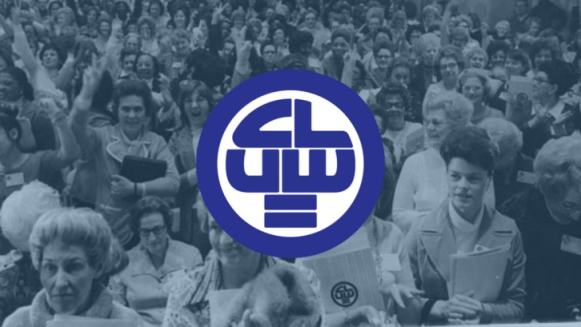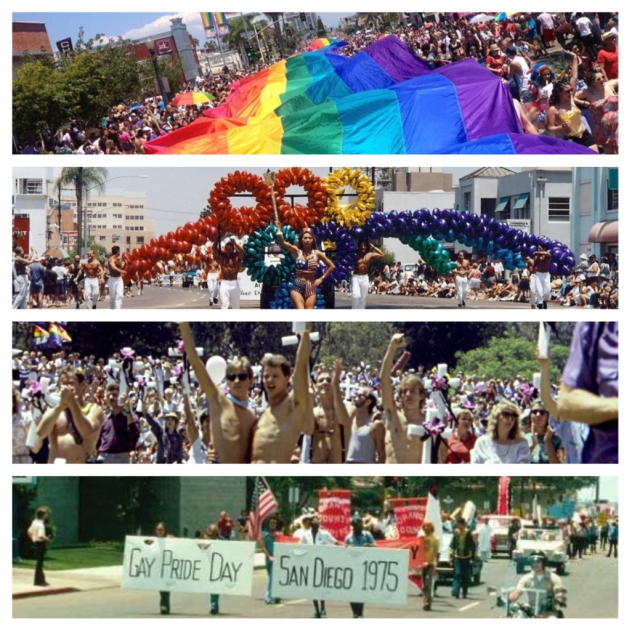Nancy Baker

Racism and the Civil Rights Movement
In her interview with PFV, Baker recounts growing up in Kentucky during the Civil Rights movement and was part of a middle class family with progressive politics.
“My parents were very much supporters of the Civil Rights movement … I first walked precinct for John Kennedy when I was in 6th grade and that was because my older brother had me out walking with him … It was a great family to be from.”
She recalls having an analysis of racism at an early age, which is what prompted her to become a psychologist:
“What struck me so much about the civil rights movement was how visceral people’s racism … and how illogical it was. What seemed to me was that unless we could get to understand where prejudice comes from and what motivates it, we couldn’t really change … And so, when I thought about it, it seemed to me that the people who addressed prejudice and your rational feelings to go with it, were psychologists. And so that’s why I wanted to be a psychologist.”
Student Movement activism
Baker participated in the civil rights, anti-war, and women’s liberation protests of the 1960s and 70s while working on her graduate degree at the University of California in San Diego.
She was involved in anti-Vietnam War demonstrations and was once arrested while protesting Apartheid outside the South African Embassy.
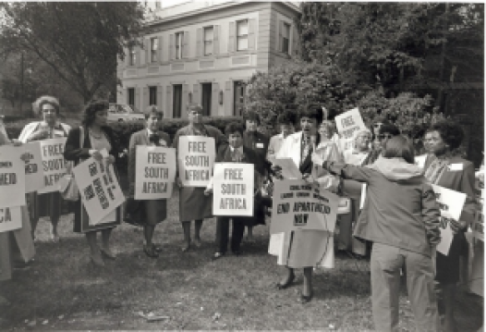
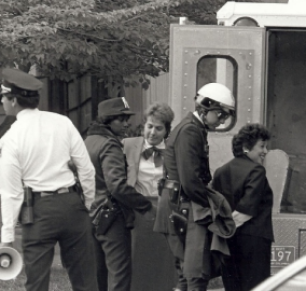
As a student, Baker was critical of psychology for failing to acknowledge its politics, as it professed to be a value-neutral science. She was also disillusioned with the feminism of her time for its lack of intersectional analysis, especially with regards to class. She remembers coming to awareness of this:
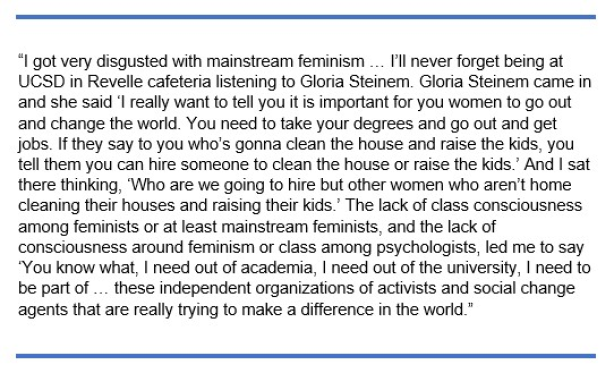
Labor activism
Baker then left academia and for the next 12 years worked as a machinist, getting elected head of contract enforcement in a workplace local that was 96% men. She joined the working women’s movement and became a labor union activist.
Baker was a member and elected representative of the International Association of Machinist’s (IAM) union, which was established in 1888 and represents over 600,000 workers in the United States and Canada.
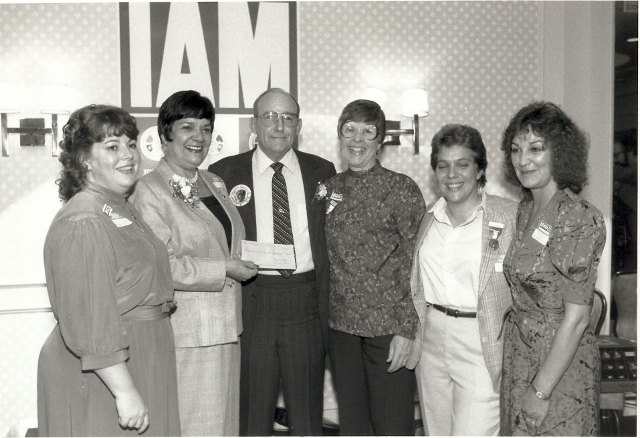
Photo of Baker at the IAM National Convention in 1984 with President William Winpisinger
Baker served as President of the San Diego Chapter for the Coalition of Labour Union Women (CLUW) for five years. Baker headed a national task force for CLUW on the problems of women in traditionally male blue-collar occupations, particularly around what is now called hostile environment sexual harassment. She recalls members dealing with the threat of being fired for going to the bathroom without permission while on the assembly line, threats of physical violence from male co-workers, and being stigmatized for taking time off work due to injury.
LGBTQ+ rights
Baker marched in the first Gay Pride parade in San Diego in the early 1970s, and although she was openly a lesbian, she did not forefront this aspect of her identity in her work life:

Making psychology political

After 12 years of factory work and union activism, Baker returned to academia with the aim of using her experience to help therapists understand the systemic roots of individual problems, and enable them to provide better care for their clients through a development of class consciousness.
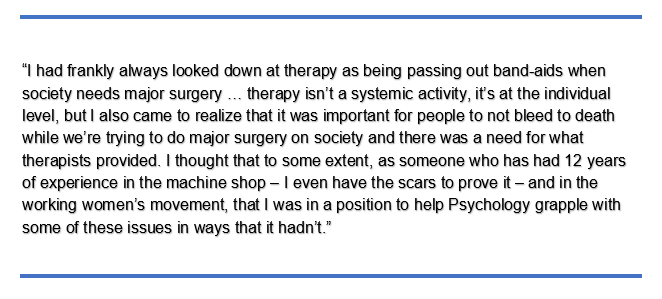
In this excerpt from her interview with PFV she discusses her criticism of Psychology as a supposedly value-neutral discipline:
Credits
Curated by Susannah Mulvale, 2020
Citation: Mulvale, S. (2020). Takin' it to the streets. Psychology's Feminist Voices digital exhibit.

